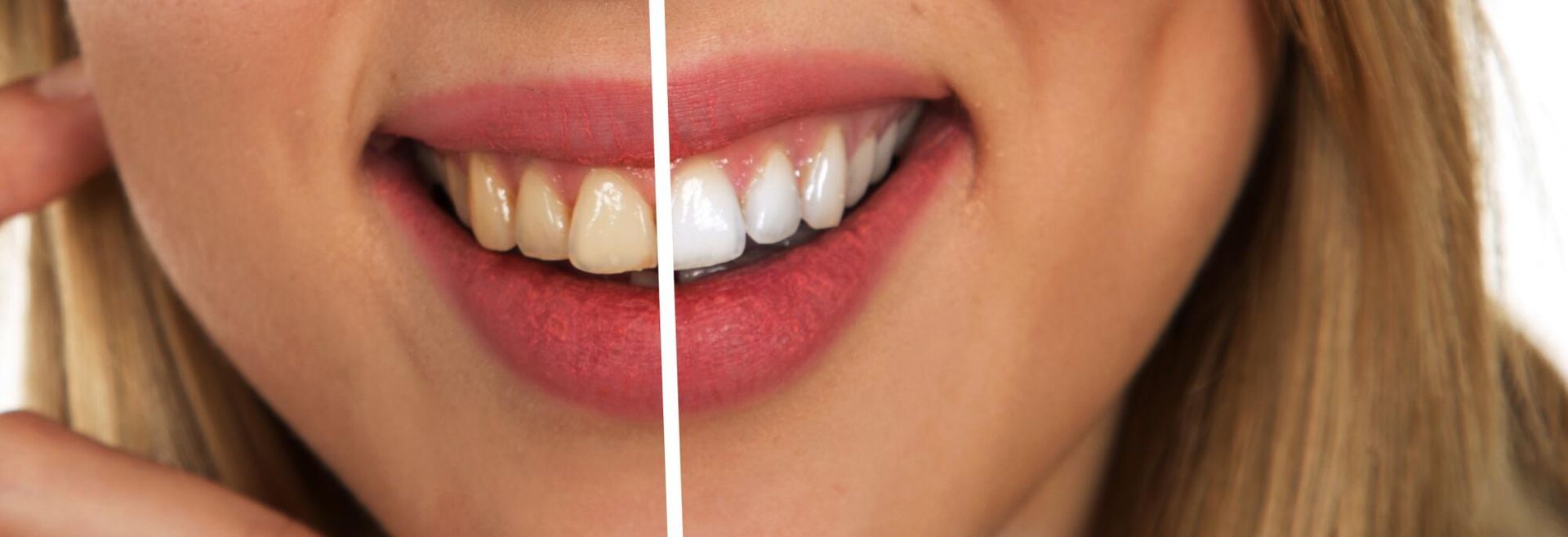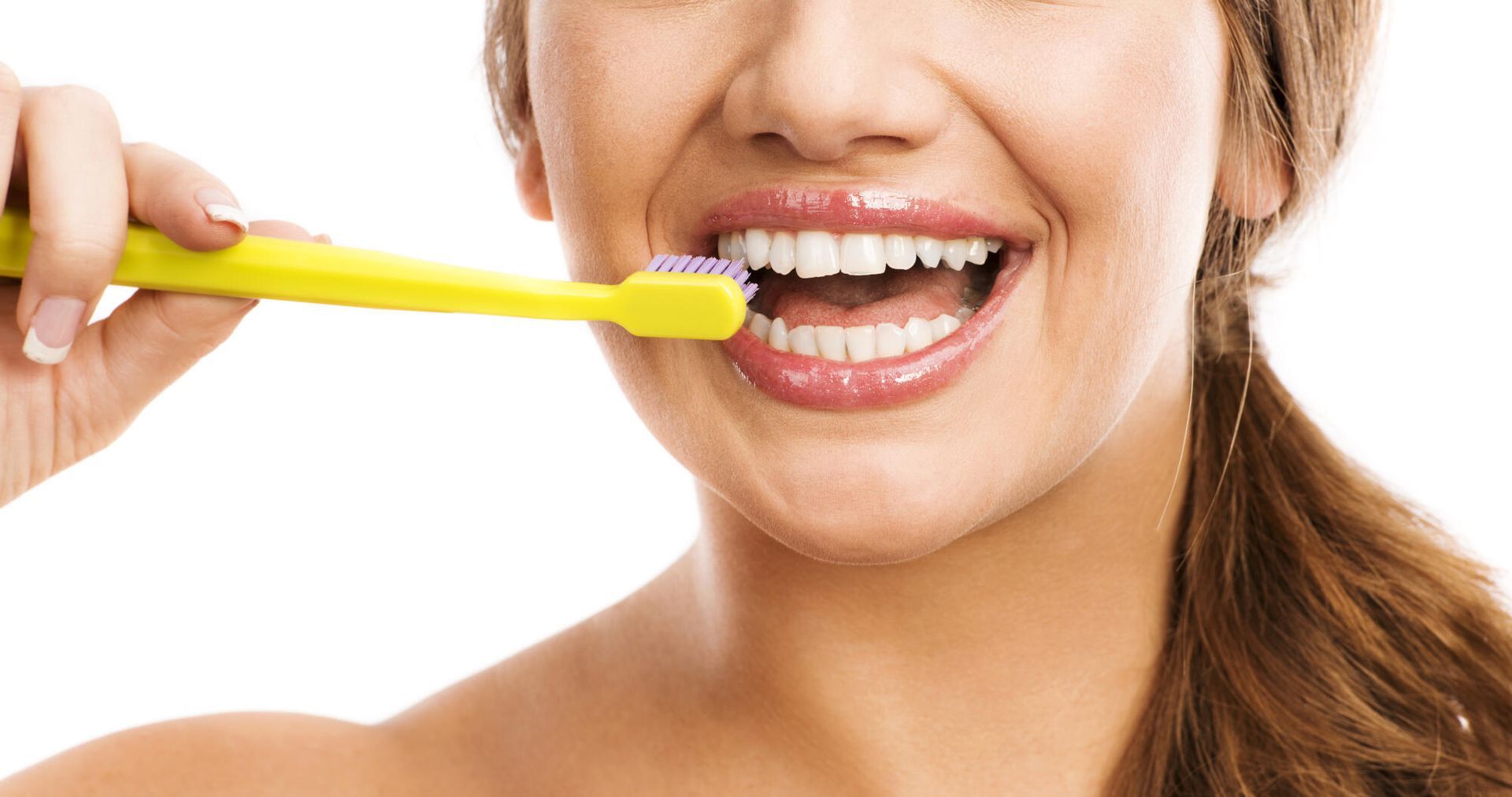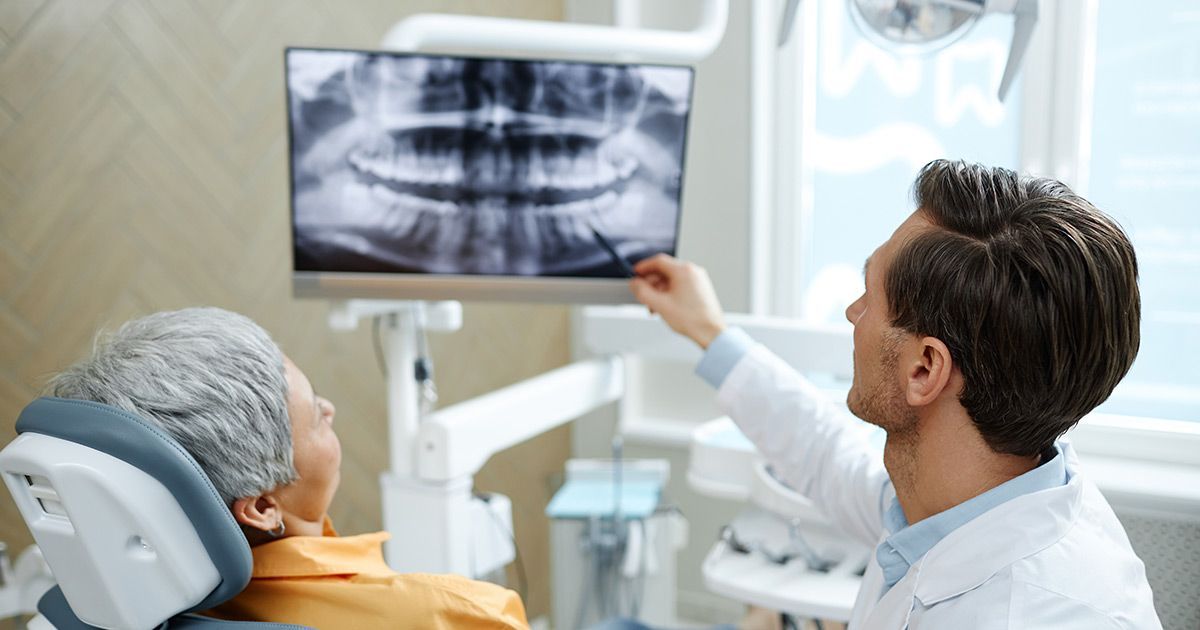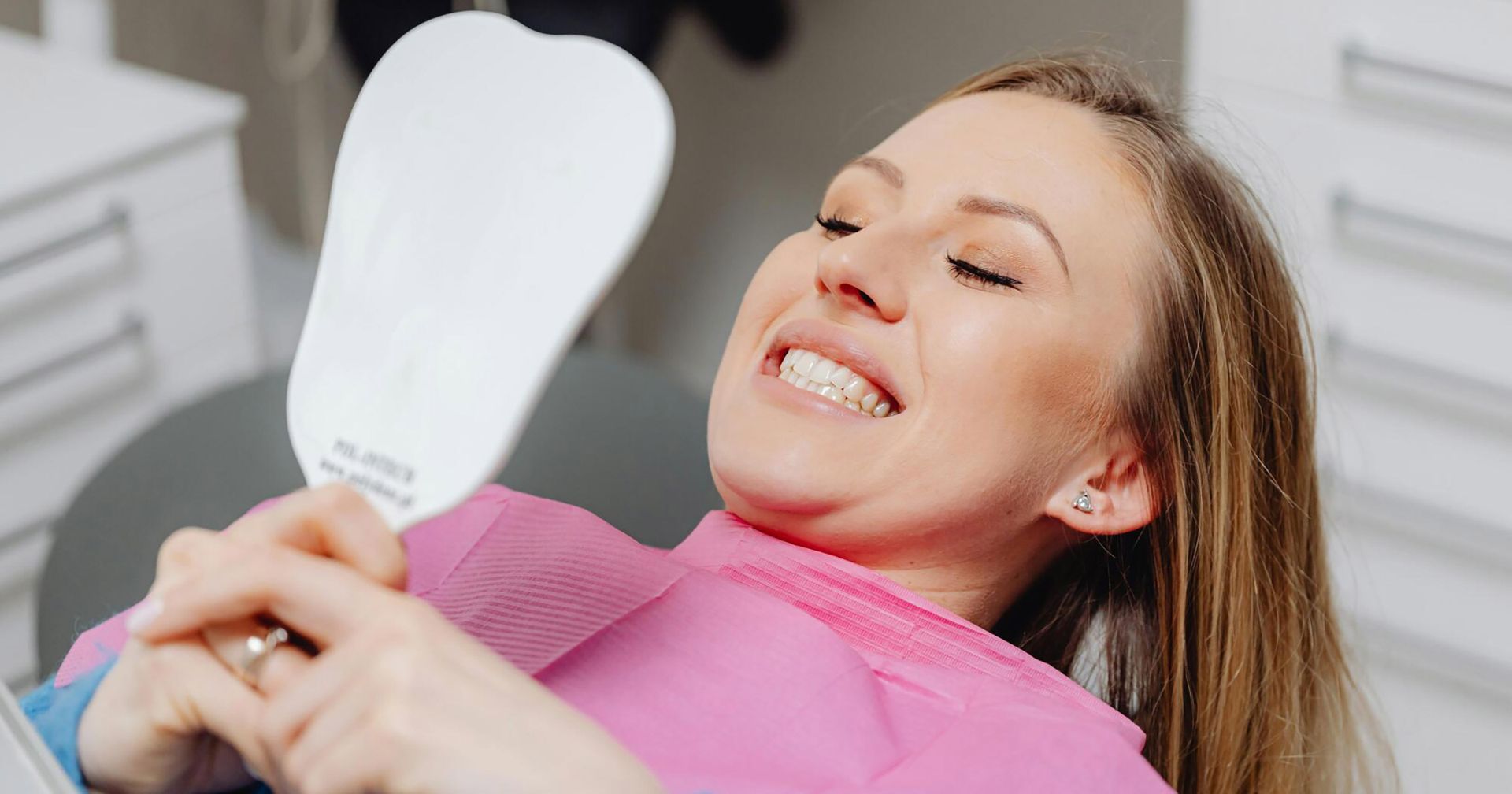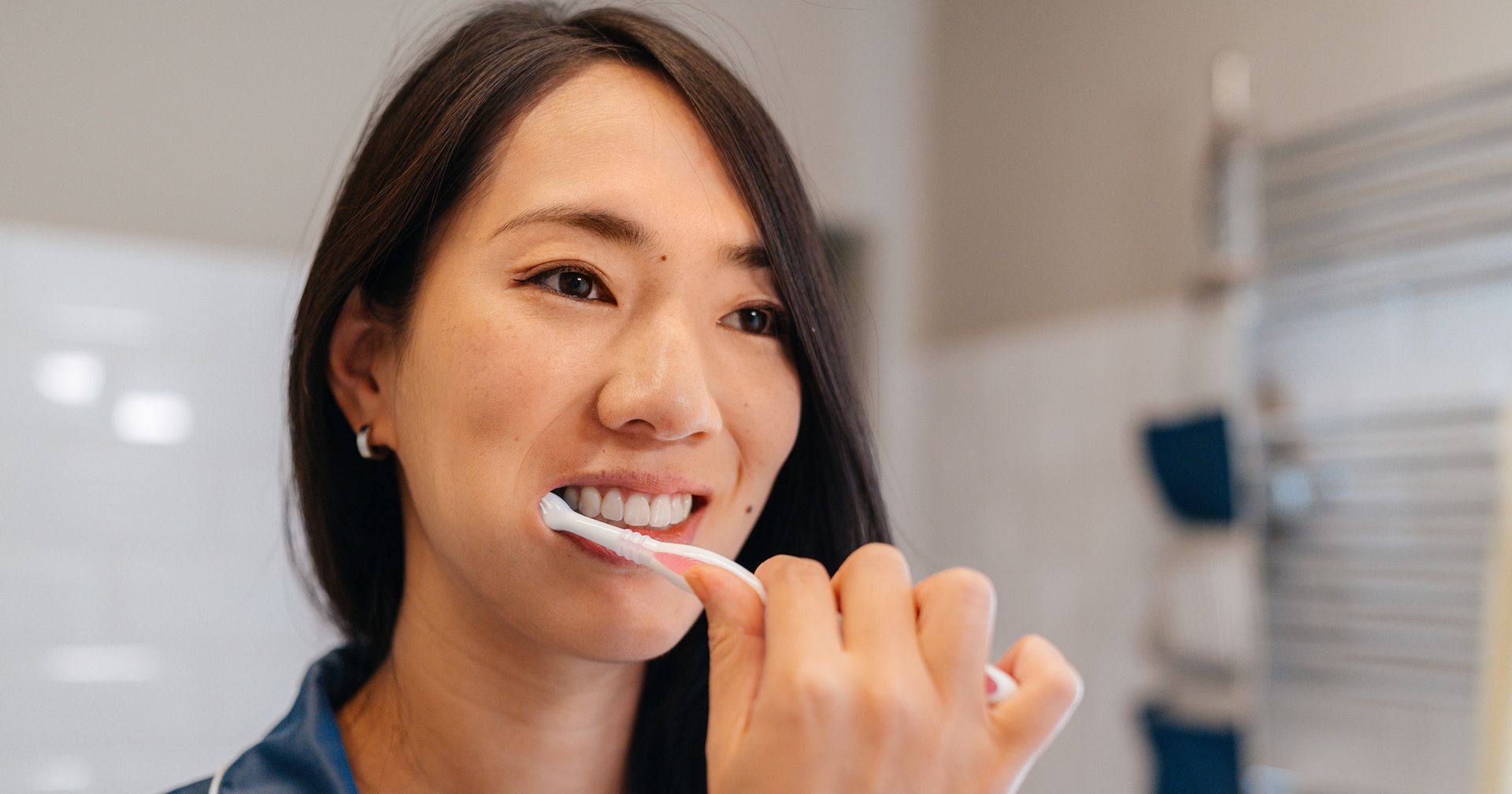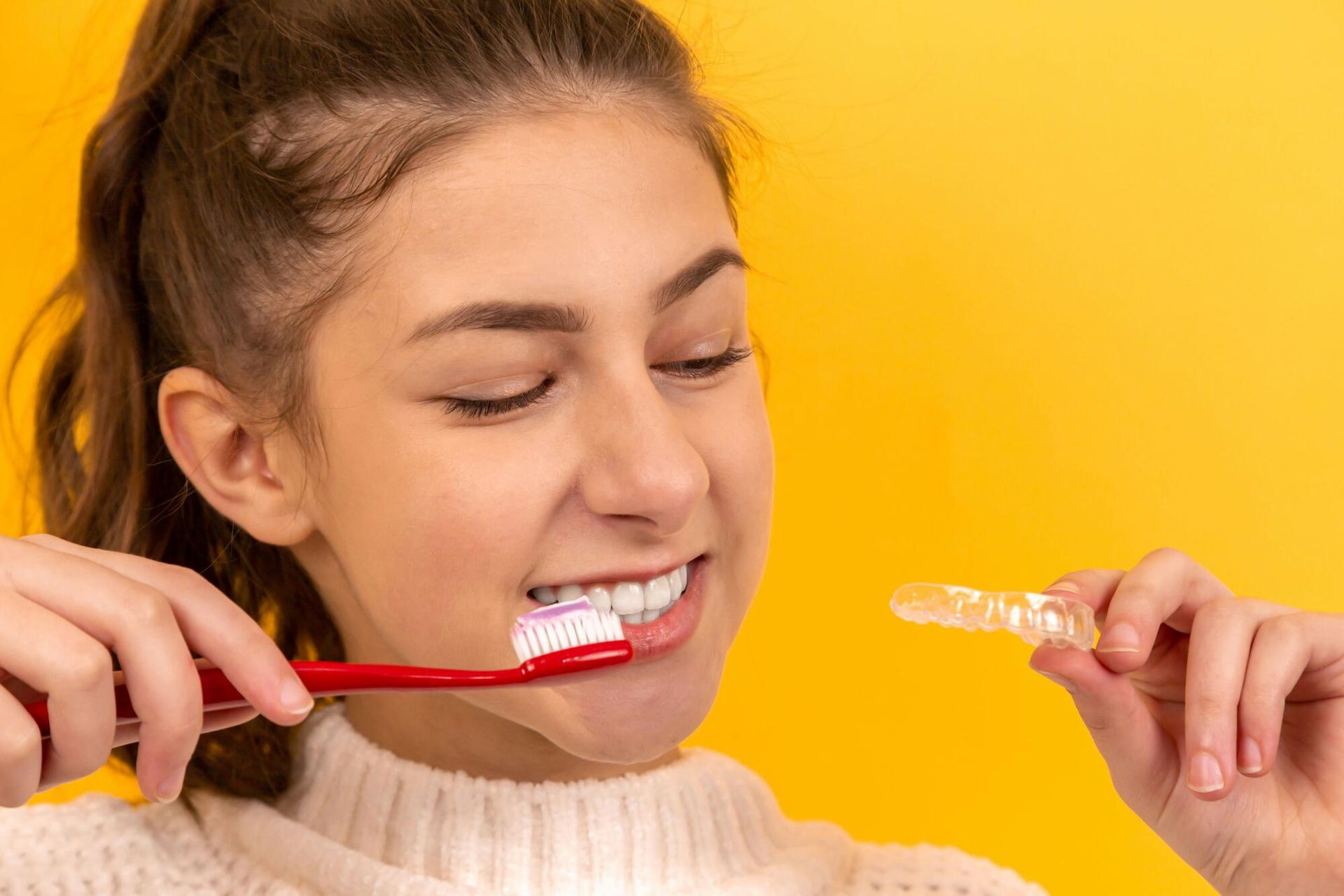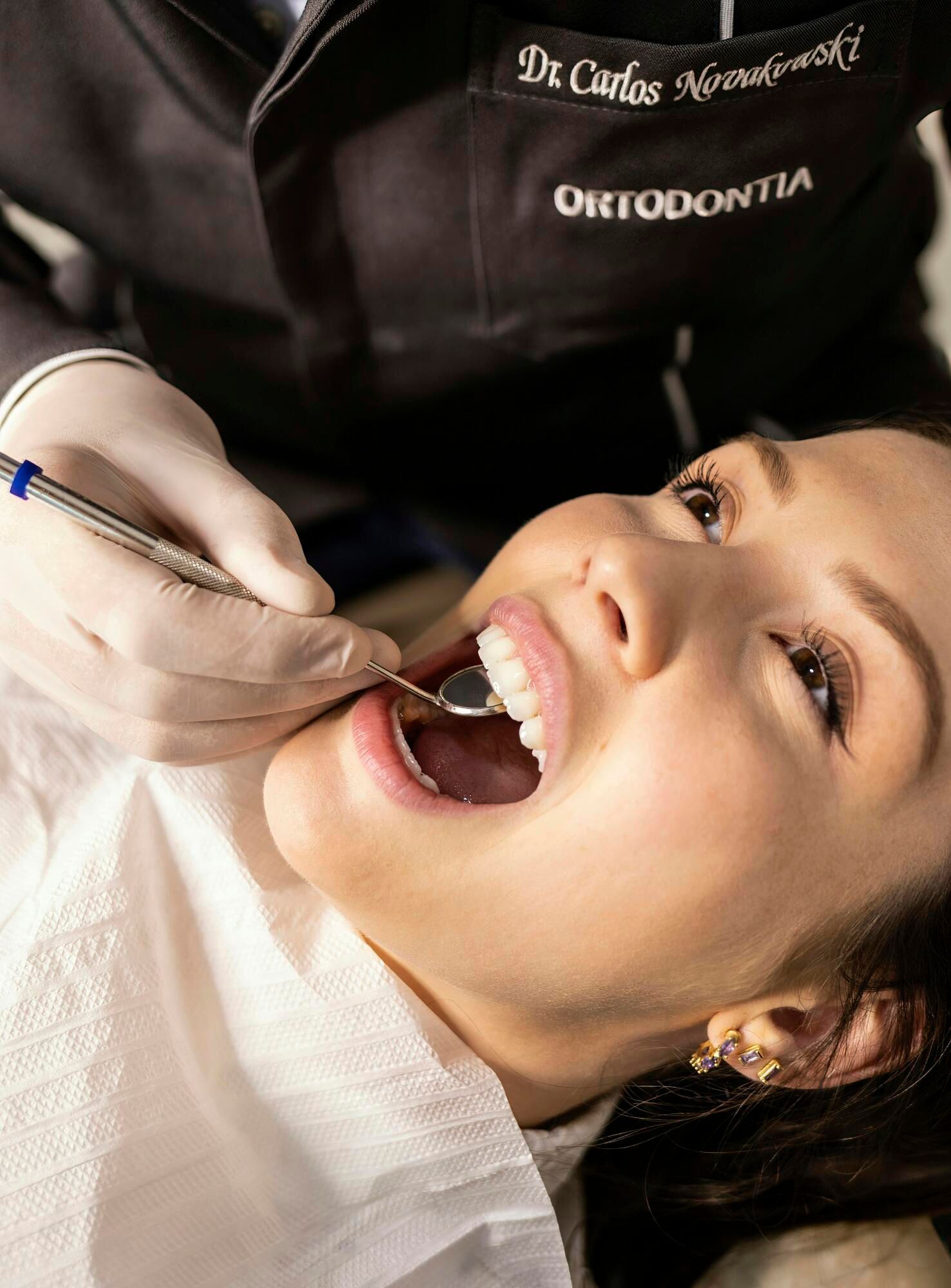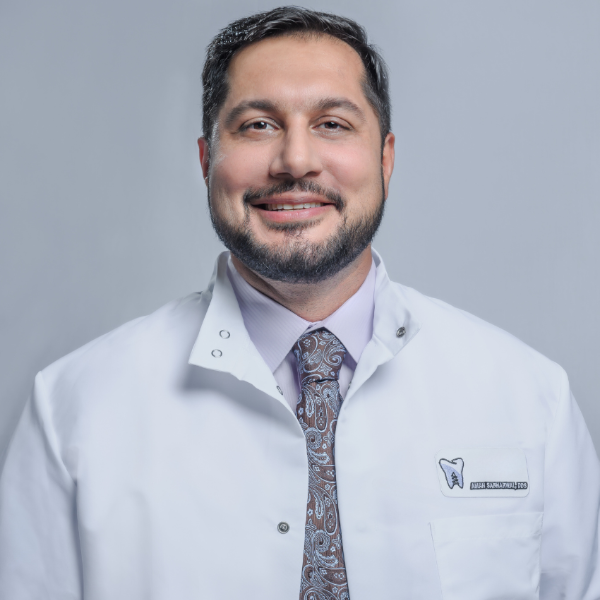How to Prepare for Getting Dental Implants
Are you planning to get dental implants soon? Find out how you can go about preparing for getting dental implants.
Are you missing a tooth? Neglecting to schedule your dental implant procedure could lead to complications if you delay surgery.
The total number of dental implants could increase by 23% before 2026. More people are improving their smiles and dental health with implants. Before scheduling your dental implant procedure, consult your dentist in Ashburn, VA.
Here are a few tips that can help you prepare before the surgery!
Schedule an Exam
First, schedule a comprehensive dental exam at your Ashburn dentist's practice. They'll assess your dental health to determine if you're an ideal candidate for the procedure. Ideal candidates have good overall dental health.
Your dentist might determine you're ineligible if you:
- Have a blood clotting disorder
- Are a heavy smoker
- Are receiving cancer treatment
- Have a metabolic bone disease
- Have a blood clotting disorder
During this appointment, your dentist will schedule dental X-rays. They'll also complete a visual exam before reviewing your medical records.
If you have a weak immune system, your dentist will put you on antibiotics. You'll need to remain on antibiotics before and after each procedure. The dental implant procedure is broken up into multiple surgeries.
Let your dentist know if you're allergic to dental materials or anesthetics. They'll determine which alternatives to use during your procedure.
You should also let your dentist know if you're on any medications. Some medications can interact with the anesthetic. Interactions can affect your dental implant surgery.
When developing your treatment plan, your dentist will determine if they need to reshape your jaw. They might need to perform a bone graft beforehand.
Based on your health, your dentist might place the implant and abutment during a single procedure. They might even fit the crown during the same appointment.
During this appointment, ask any questions you have about getting dental implants. Understanding the procedure can help ease any anxiety you have. Your dentist will walk you through the entire treatment plan and next steps.
Take Antibiotics
Remember, your dentist might determine you need to take antibiotics before your surgery. Immunosuppressant drugs will prevent your body from attacking the dental implant. The antibiotics will function as a substitute immune system.
Follow your dentist's instructions when taking any prescribed medications.
You'll need to stop smoking or drinking alcohol before your procedure. Smoking can interfere with sedatives during surgery. Implant failure rates are as high as 11% in smokers.
You should quit smoking a few weeks before treatment.
Alcohol can also interfere with sedation. It might increase your risk of bleeding while interrupting the healing process. Stop drinking alcohol a few days before your first procedure.
Fast Beforehand
During the procedure, your dentist might keep you under general anesthesia. If anesthesia is part of your treatment plan, you'll need to fast 12 hours before the surgery.
When your dentist reviews your treatment plan, ask for a more specific timeline. They'll determine how long you'll need to fast. They can also make recommendations for your post-op care.
For example, you should remain on a soft food diet after the procedure. Don't wait until after the procedure to stock your kitchen. Instead, consider meal-prepping beforehand.
For example, you can eat:
- Soup
- Protein shakes
- Pudding
- Smoothies
- Mashed potatoes
Soft foods are easier to chew following dental implant surgery. You might feel tired after your procedure. Meal-prepping can ensure you receive the rest you need to heal.
Ask your dentist about any food restrictions you'll need to consider before getting your implants.
Prep the Jaw
A dentist in Ashburn, VA might need to prep your jaw before surgery to ensure it can anchor your dental implant. To improve the structure of your jaw, they might recommend a bone graft. Bone grafts are ideal if your jaw is too soft or thin to hold the implant.
During the procedure, your dentist will shape or smooth out your jaw as necessary. They might also remove impacted teeth found in your jaw.
If your jaw is too bulky or larger, they might remove bone from your jaw.
In these cases, you'll need to wait for your jaw to heal before your next dental implant procedure. Ask your dentist how a bone graft will affect your treatment timeline.
Schedule Downtime
If your dentist plans to use local anesthesia, have someone drive you home after your procedure. Don't risk driving home on your own.
It's normal for your gums and jaw to feel sore following the procedure. As a result, you might experience difficulty chewing hard foods. Make sure to follow a soft food diet after the procedure.
Plan to take a few days off from work. Your body needs to heal following surgery.
Avoid any hectic routines, including working out. During this time, monitor your oral health. Let your Ashburn dentist know if you notice any abnormalities.
For example, you might experience:
- Minor bleeding
- Pain
- Swelling
- Bruising
These symptoms are normal but shouldn't persist beyond a few days.
Make sure to follow your dentist's post-operation guidelines. Following their instructions will ensure a fast recovery.
Don't forget to maintain your oral care during this time. Brush twice a day and floss daily.
Schedule follow-up appointments with your dentist as well. They'll assess the implant site to ensure you're healing properly.
Visit a Dentist in Ashburn, VA for Dental Implants
Dental implants can restore your smile, benefiting your dental health and overall health. Talk to your dentist in Ashburn, VA before getting dental implants.
Following their instructions can ensure you heal quickly.
With their help, you can start enjoying your new smile in no time!
Eager to schedule your next appointment? We can't wait to see you.
Contact us today to discuss getting dental implants.
